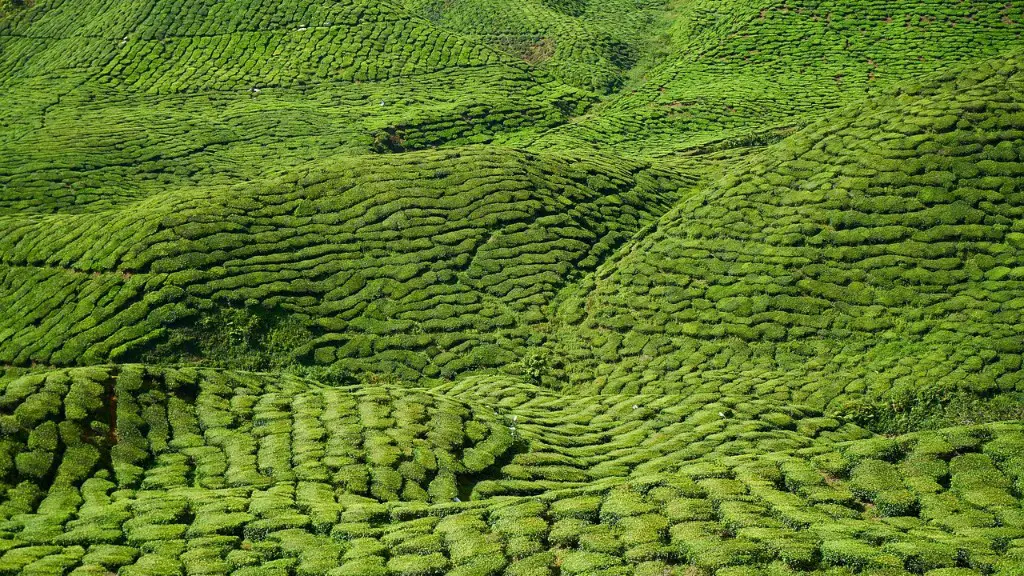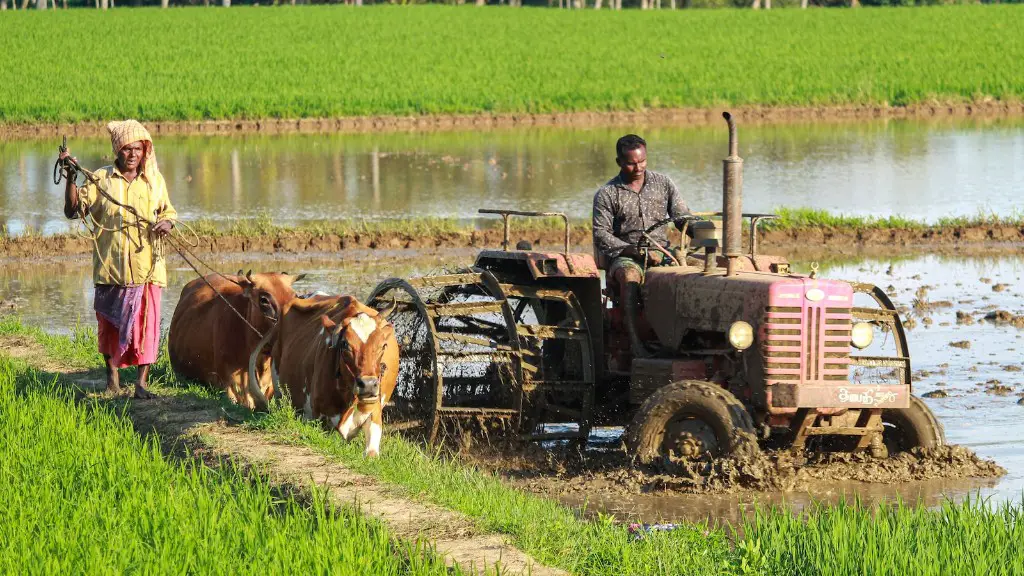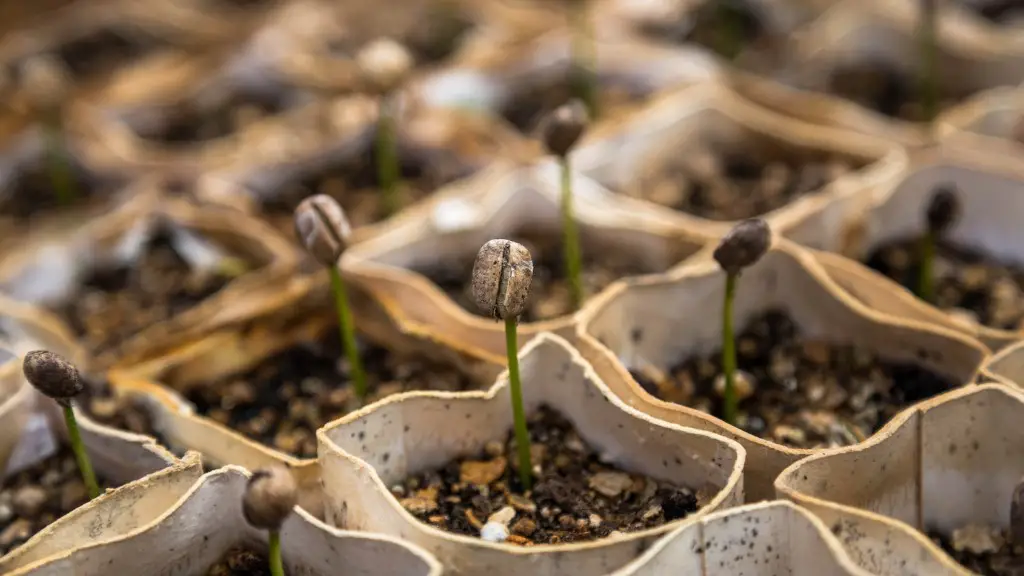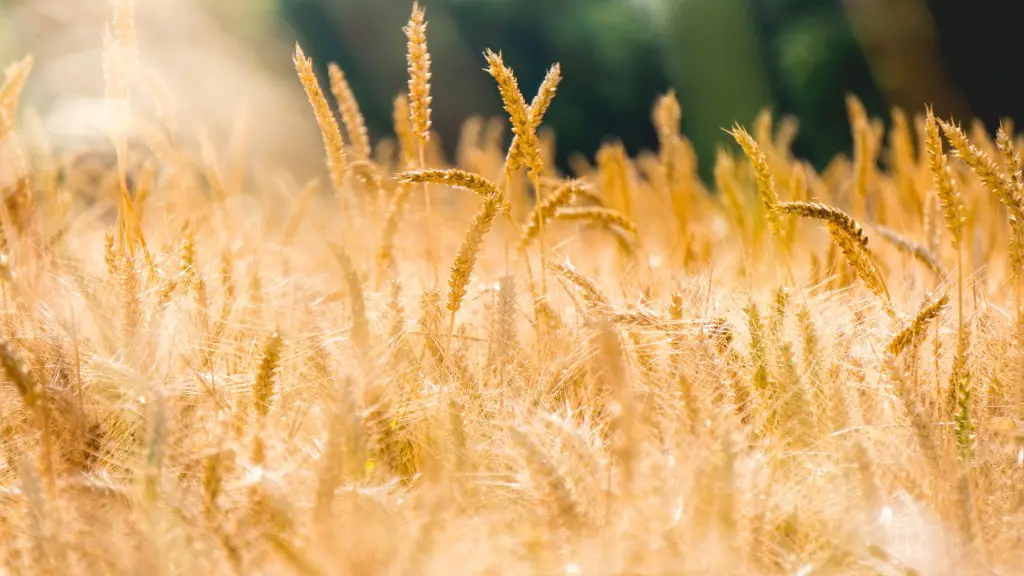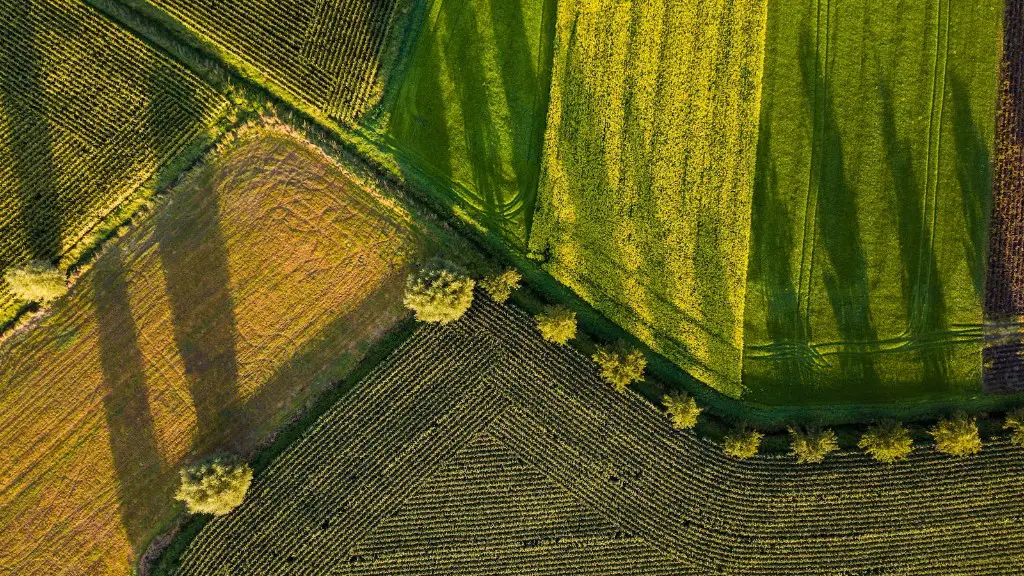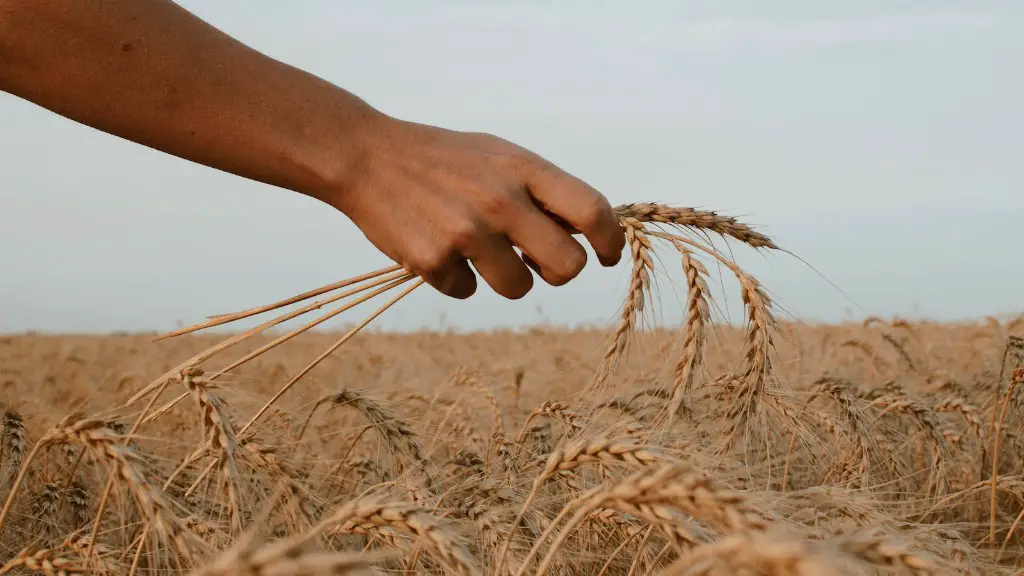Agricultural technology is the application of scientific and technological knowledge and skills to agriculture. It includes methods for improving agricultural productivity, quality, and safety; and for reducing the negative environmental impact of farming. Agricultural technology includes a wide range of tools and techniques, from simple tools like the hoe and plow to sophisticated equipment and systems like irrigation networks and GPS-based precision farming tools.
Yes, agriculture technology exists and refers to the application of scientific and technological advances to agriculture. This includes the use of biotechnology, precision agriculture, and digital agriculture.
Why is agriculture considered as a technology?
Agriculture is often high tech. Farmers and others use science and technology to collect data, analyze efficiency, monitor growth and quality, and more to save money and get better yields. By using technology, farmers can increase production while decreasing costs. This can lead to higher profits and a better standard of living for those involved in agriculture.
Advanced technologies are increasingly being used in agriculture in order to improve efficiency and profitability. This includes the use of robots, sensors, aerial images, and GPS technology. These tools allow farmers to more accurately target their crops, leading to less waste and greater yields. Additionally, they can help to improve safety and environmental conditions on the farm.
What is meant by agriculture technology
Agricultural technology can help farmers increase yields, reduce inputs costs, and improve farm management. However, it is important to note that effective use of agricultural technology requires an understanding of the principles behind the technology as well as how to properly operate and maintain the equipment.
Agriculture science is a field of study that encompasses everything from food and fiber production to soil and crop cultivation and animal processing. This definition sounds similar to that of agriculture, with one major difference: Agriculture is the practice and act of planting crops and raising livestock.
Is agriculture a science or technology?
The Agricultural Sciences encompass a wide range of disciplines that focus on the production of food and fiber crops. This includes the technologies of soil cultivation, crop cultivation and harvesting, animal husbandry, and the processing of plant and animal products for human consumption and use. The Agricultural Sciences also encompass the study of the ecological systems that support food and fiber production.
Modern agricultural technology tools can help farmers in a number of ways, from monitoring the climate to managing irrigation and crop inspection. nutrition management, pest and disease management, and farm management can also be made easier with the use of modern technology. Additionally, digital market intelligence can help farmers to sell their products more effectively.
Is technology the future of agriculture?
GPS technology, drones, robots, and other smart devices can make life easier for farmers while still yielding good results. These advanced devices can make agriculture more profitable and environmentally friendly while still being exciting and easy to use.
1. Smartphone monitoring and control of crop irrigation systems:
Smartphones can be used to monitor and control crop irrigation systems in a number of ways. For example, apps can be used to track water usage, control the flow of water, and schedule irrigation.
2. Mobile technology is becoming increasingly important in crop irrigation system monitoring and control:
Mobile technology is playing an increasingly important role in the monitoring and control of crop irrigation systems. This is due to the fact that mobile devices allow for real-time monitoring and control of irrigation systems.
3. Livestock ultrasounds:
Livestock ultrasounds are a type of mobile technology that can be used to improve agriculture. Ultrasounds can be used to check the health of livestock, as well as to track the growth of animals.
4. Application of mobile technology and cameras:
Mobile technology and cameras can be used in a number of ways to enhance agriculture. For example, they can be used to monitor crop growth, track livestock, and record data.
What is the subject of agricultural technology
The UTME subject combination for Agricultural Technology and Education is: Any three (3) subjects from Chemistry, Biology, Agriculture, Physics, Economics, Geography and Mathematics. Please note that the JAMB brochure has remarks/waiver for Agricultural Technology and Education.
There exist four main branches of agriculture, namely; livestock production, crop production, agricultural economics, agricultural engineering. Each branch offers a different specialization for students interested in pursuing a career in agriculture.
What are the 7 types of agriculture?
Farming can be broadly divided into two main types: subsistence farming and commercial farming.
Subsistence farming is typically carried out by small-scale farmers and is geared towards meeting the needs of the farmer and their family. This type of farming is often less intensive, making use of simple tools and methods.
Commercial farming, on the other hand, is carried out on a larger scale and is geared towards producing crops or livestock for sale. This type of farming often makes use of more intensive methods, such as mechanization, and is generally more capital-intensive.
Agricultural technologies are constantly evolving and emerging technologies are making it easier and more efficient for farmers to manage their operations. Here are seven of the most promising emerging agriculture technologies:
Soil and Water Sensors: Soil and water sensors are becoming increasingly sophisticated and can provide farmers with real-time data on soil moisture levels, fertility, and drainage. This information can help farmers optimize irrigation and fertilization, and reduce water and chemical inputs.
Weather Tracking: Weather tracking technology is becoming more sophisticated and accurate, and can help farmers plan operations around weather conditions.
Satellite Imaging: Satellite imaging provides farmers with high-resolution images of their crops, which can be used to assess crop health, growth, and yield.
Pervasive Automation: Pervasive automation refers to the use of sensors and other technology to automate tasks throughout the farm. This can include automating field operations, livestock management, and greenhouse management.
Minichromosomal Technology: Minichromosomal technology is a new way of genetically modifying crops that is more precise and efficient than traditional methods. This technology can be used to develop crops that are resistant to pests and diseases, and that have higher yields.
RFID Technology: RFID
Is it hard to study agriculture
No, BSc Agriculture is not a tough course. It is a course that provides students with the knowledge and skills necessary to pursue a career in agriculture. The coursework is challenging, but it is not impossible to complete.
It is a branch of agriculture that deals with the production and improvement of crops. It is a science that deals with the study of plant growth and production, soil management and water conservation.
What is the best major in agriculture?
Agricultural degrees at the baccalaureate level prepare students for careers in the agricultural industry and related fields. These degrees provide students with the knowledge and skills needed to pursue a variety of careers, including agroecology, food systems, environmental sciences/studies, biological sciences, international development, animal science, nutrition & food sciences, and dietetics, nutrition, and food sciences. Graduates of these programs are prepared to make a positive impact on the agricultural industry and the world.
New ways of producing food and fiber and meeting human needs comes about through science. Simply put, agriculture is science in action. The science of agriculture comprises four major areas of study: life sciences, physical sciences, biotechnology, and consumer science.
Warp Up
There is no definitive answer to this question as it depends on the specific type of agriculture technology in question. Some agricultural technologies can greatly improve yields and efficiency, while others may have more limited benefits. Ultimately, the effectiveness of any given agriculture technology will depend on the specific conditions and needs of the agricultural operation in question.
In recent years, agricultural technology has made great strides in improving the efficiency and productivity of farms. This has led to increased crop yields and improved food security. Agricultural technology will continue to play a vital role in meeting the world’s food needs in the future.
